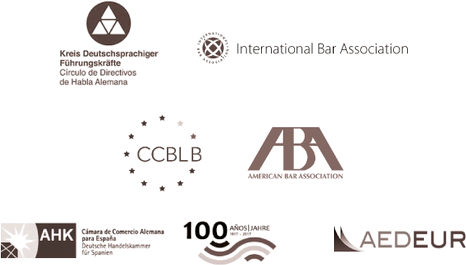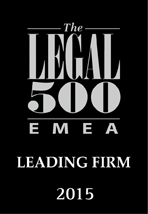
“Please, sir, I want some more.”
02/03/16
On 4 February 2016 the Basque Competition Authority (AVC by its Spanish acronym) adopted a decision imposing a historical fine (of approximately 18 million euros) on 8 companies that run school canteen services in the Basque Country for market sharing from 2003 to 2011 and from 2013 to 2015 (Case No. 6/2013, Comedores Escolares).
The conducts at issue affects restauration services provided to State-owned schools that directly manage canteens under the authority of the Education Department of the Basque Government (DEGV by its Spanish acronym). This means that its the school itself that collects the fees from the students and pays the companies that provide the service.
The DEGV procures these services using a two-phase integrated procedure. The first phase seeks to determine the companies’ ability to provide the services, assessed by different lots. Candidate companies go through an open homologation procedure for each lot, in relation to which the DEGV assesses criteria such as the production capacity – daily menu production. The second phase is for selecting the company that will actually provide the service among those companies that have obtained homologation in phase one. During the homologations of 2003, 2005 and 2008, each company offered a maximum price, whereas for the year 2011 it was the Basque regional Government that set the homologation price
The AVC considers that it has proven (by circumstantial evidence, since “there is no direct evidence”) that the sanctioned companies refused to compete for all the lots for which they had demonstrated capacity. Rather, they agreed a joint action plan to submit offers with the objective of sharing the lots among themselves.
Among the features of that single action plan, the AVC highlights the submission of “fake” offers. This term describes the fact that, for instance during the tender for the first follow-on contract after 2003, each of the companies submitted its best bid for the lot whose schools it was already serving. Indeed, all bidding companies knew each of their rivals’ maximum homologation price, which allowed them to share the market. The procedure was practically the same for the first contracts following the 2005 and 2008 homologations; the companies bid their highest prices for all the lots they had not up to then dealt with and their lowest price for their current lots. This latter price was lower than the maximum homologation price for any of the remaining companies.
The submission of several offers for one lot aimed at pretending the existence of competition, although there was no intention at all to be awarded other lots. This was even more obvious for follow-on contracts, where the companies only submitted offers for the lots whose schools they were already supplying.
The AVC, dismissing any alternative explanation provided by the companies involved, concludes that the agreement deprived the administration of the intrinsic advantages of a tender process, namely lower prices and better service, and had “quantifiable effects” in the market.
The agreement seriously disrupted the Basque Government’s finances and obviously affected the general interest (the budget for these contract during the investigated period added up to to 854 million euros), not to speak of political turmoil
We wonder whether the “quantifiable effects” will be claimed or what Mr. Bumble’s course of action might be…
Rating Legis SLP
T/F: +34 932 724 264
Provença, 253
08008 Barcelona
<!–
Members of:



